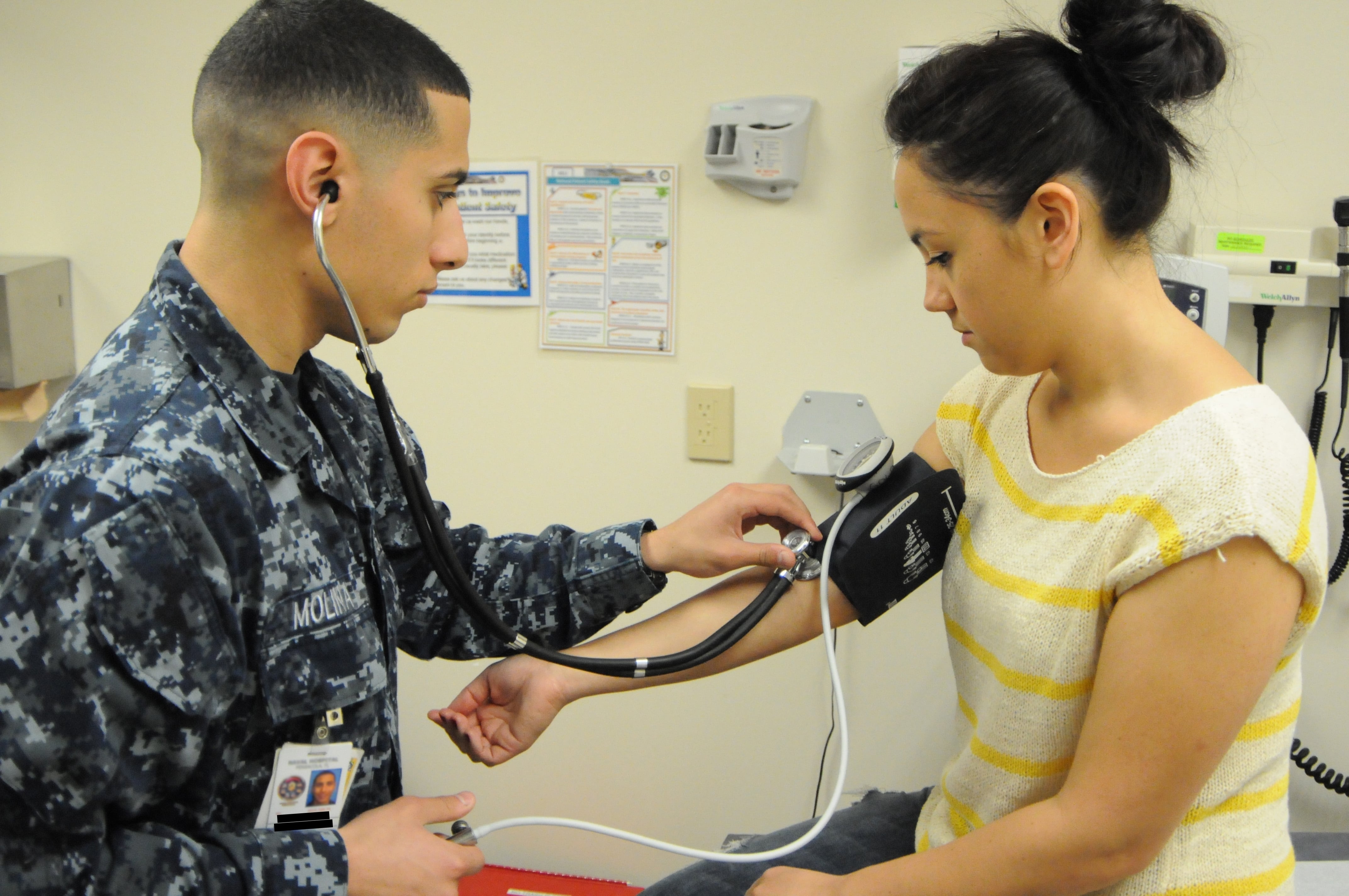On Jan. 1, Tricare — the essential health care benefit serving millions of service members, retirees and their families — entered a new cycle of contracts for managing the military’s health care system. This transition, intended to improve efficiency and service, has instead exposed Tricare to systemic failure, mismanagement and what increasingly appears to be gross negligence.
Since the launch, families across the country have experienced a catastrophic disruption in care. Enrollment errors have left beneficiaries uninsured. Surgical procedures have been canceled when hospitals couldn’t verify prior authorization. Chronically ill patients have struggled to find providers to maintain life-sustaining treatment. For many military children with disabilities, years of hard-fought progress are at risk of being erased because therapy appointments were abruptly stopped.
The source of these failures lies not only with the regional contractors — Humana Military (East) and TriWest Healthcare Alliance (West) — but with the Defense Health Agency (DHA), which bears full responsibility for contract oversight and system accountability.
It is clear DHA either ignored the lessons of the past or failed to learn from them. In 2019, the Government Accountability Office (GAO) warned that the previous Tricare transition in 2017 was marred by weaknesses in transition guidance and oversight. GAO’s recommendations were either poorly implemented or ignored — and now military families are paying the price.
Despite having years to prepare for the 2025 transition, similar pitfalls have emerged — only this time, the consequences appear to be broader and deeper.
Many providers across the country have gone unpaid for months, despite submitting claims through systems that should have been validated prior to the start of health care delivery. Claims are being denied or delayed with little to no explanation. Providers — many of them military spouses or veterans — have been forced to dip into personal savings or shut down operations completely. Some have left the Tricare network for good, citing the unreliability and financial harm caused by this transition.
In a recent survey conducted by Mission Alpha Advocacy, families report spending hours on hold with Tricare contractors — only to be disconnected or told to “call back later.” In one case, a retiree reported their surgery had been postponed because Tricare incorrectly claimed they had other health insurance. Another family shared their child’s applied behavior analysis services have stopped due to lack of provider payment since Jan. 1 leaving this parent to worry about loss of progress.” In addition, a beneficiary could not schedule a surgery follow-up because the referral was not processed and the provider refused to accept the DHA referral waiver because of unpaid claims. These stories are not isolated reports; they are the new norm.
The inefficiencies have now compounded into what can be described as a drain on federal and beneficiary resources. Every unpaid claim, every misdirected call and every lost provider equates to a waste of taxpayer dollars. Families report paying more than expected for services that should be covered and are concerned about their financial stability if not reimbursed.
And what has been lost in the chaos is trust. Trust between families and their health care system. Trust between providers and the military medical infrastructure they have long supported. And perhaps most critically, trust between the force and the leaders responsible for ensuring military readiness.
Readiness is not just about aircraft and ammunition. It is about getting troops back to the fight after experiencing an injury — but that can’t happen without access to health care. It is also about families being able to function at home so the service member can focus on the mission. When a child loses critical therapy, when a spouse can’t get prenatal care or when a service member can’t seek timely care to make them deployable — that readiness is compromised.
Resilience — the ability of military families to withstand constant relocations, deployments and separation — relies on predictable support systems. When families move to a new duty station and discover their Tricare benefits are inaccessible, resilience becomes even more difficult.
And retention? It evaporates when military families feel neglected. No incentive pay or patriotic appeal can convince a family to stay if the health care system that serves them is broken beyond repair.
This isn’t just a failed transition. It is a dereliction of duty by those tasked with managing one of the most critical benefits of military life. The military health care system has always been a promise — a pledge to take care of those who serve and their loved ones. That promise has been broken and people’s lives have been negatively impacted.
Unless there is a reckoning in how the Department of Defense and DHA manage and oversee Tricare, this crisis will continue to unravel our health care benefits. And with it, the confidence of the very people who keep our nation safe.
Dr. Kristi Cabiao is the CEO and president of Mission Alpha Advocacy, an organization that collaborates with legislators, military leaders and other organizations to create legislation to improve the quality of life for families within the Exceptional Family Member Program. She is a retired Air Force spouse, mother of a child with autism and disability advocate.





